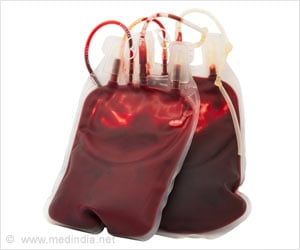US researchers hailed promising advances in cancer treatment but lamented the decreasing amount of federal money devoted to finding a cure, ahead of the world's largest cancer conference this week.
As the world's largest cancer conference gets underway this week, US researchers have revealed that while anti-cancer advances are promising, the funds seem to have dried up.
"As a nation we face two critical challenges to advancing cancer care -- stalled federal funding for cancer research and limited access to high quality cancer care," said Julie Gralow, associate professor of medicine at the University of Washington."If we don't start reinvesting soon, the current pace of progress will be jeopardized," said Gralow, who chairs the American Society of Clinical Oncology's communications committee.
"As a result, fewer patients will benefit from scientific advances," she said, adding: "As the new cancer research we released this year shows, there is quite a bit to be excited about."
Doctors and researchers are to convene in Chicago for ASCO's 44th annual conference May 30-June 3, devoted to the latest developments in the fight against cancer, a disease that kills eight million people per year.
The results of around 30 clinical trials are due to be presented during the five day conference, with attendance expected to top 30,000.
Most of the clinical trials are to present advances in breast cancer, the top cancer killer among women worldwide, and lung cancer which is the deadliest form of cancer, causing 1.3 million death around the globe each year according to the World Health Organization.
Advertisement
Another trial examines the potential of the anti-inflammatory drug Celebrex to impact cancer in smokers and former smokers.
Advertisement
Other studies aim to shed light on how molecular characteristics may explain patients' responses to anti-cancer treatments and also identify new diagnostic tools.
The field of cancer research has made major advances since president US Richard Nixon declared a "war" on cancer in 1971.
Today around two thirds of patients diagnosed with cancer are still alive five years later, compared to 50 percent in 1975.
ASCO says the US federal budget for cancer research has been in steady decline over the past five years.
Source-AFP
RAS/L







